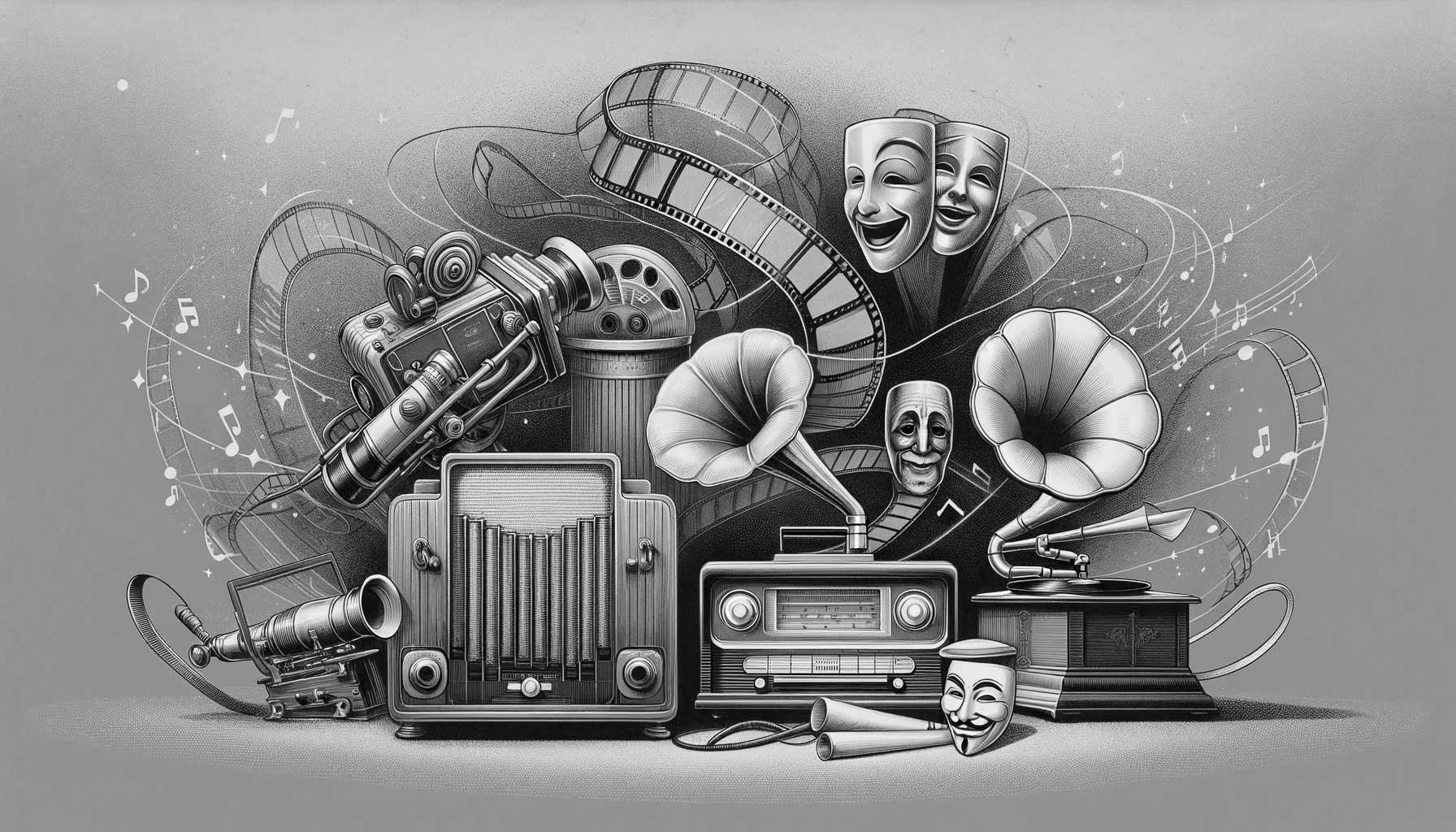Flashback to July 2
Entertainment History

In an unprecedented move in the world of entertainment and music, on November 13, 1937, the National Broadcasting Corporation (NBC) introduced the first full-sized symphony orchestra established exclusively for radio broadcast. This landmark event marked a revolutionary development in the burgeoning field of live broadcasting and radio programming, proving the radio as a viable and influential platform for symphonic music’s propagation.
Reaching millions of households around the nation at a time when the television was yet to make its mark, radio was the primary home entertainment medium. Every significant movement like NBC forming a full-sized symphony orchestra was sensed as a critical stride towards transforming the entertainment landscape.
Stepping back in time, the formation of NBC Symphony Orchestra came into being solely to serve on the then nascent broadcasting platform of radio. But why was this so seminal, and why does it continue to be significant?
The decision by NBC to organize a full-sized symphony orchestra intended solely for radio formed a significant event in the history of world music. This pioneering move meant that the footprint of orchestral music could be widely extended, reaching audiences who otherwise may not have had access to such experiences. Commercial radio programming found a new direction boosting classical music and popularizing its genre. The power to penetrate households via radio was harnessed to its full potential, thus democratizing music in a captivating way.
Indeed, the sheer scale of this venture was without precedence. The orchestra consisted of 85 musicians, many of whom were migrated over from the ranks of the New York Philharmonic. And, apart from offering employment opportunities for these talented musicians, the NBC Symphony Orchestra provided them with a rare chance to collaboratively shine on an improvisatory, national stage and work alongside top-notched music directors.
Under the notable leadership of Italian conductor Arturo Toscanini, who is acclaimed for directing the orchestra from its birth until the early 1950s, the NBC Symphony Orchestra attained popularity and expanded its influence across the borders. The maestro’s interpretation of well-known masterpieces attracted colossal attention, making classical music more accessible to households than was ever possible.
The NBC Symphony Orchestra opened some innovative doors in music broadcasting. Being the first full-sized orchestra exclusively for radio placed the Orchestra in a distinguished category. Unquestionably, it displayed radio’s potential as a medium to promote high culture and disseminate music of exceptional quality. An intriguing notion at the time, these broadcasts advanced the radio image from a mere entertainment tool to a vital cultural conduit aiding the appreciation of symphony music at a broad level.
Supplementing the seamless ‘hearing’ experience, radio also permitted listeners to assign personal images to the music, thus promoting creativity and active listening, bridging the gap between the performers and the audience in a unique way.
Reflecting back on the birth of the first full-sized symphony orchestra exclusively for radio, one cannot help but applaud the audaciousness and the visionary stride of NBC. The Orchestra represented a clever blend of culture and technology that brought classical music into the living rooms of millions, expanding its reach across the American landscape.
We strive for accuracy. If you see something that doesn't look right, click here to contact us!
Sponsored Content

Match Game begins its…
Match Game, the iconic…

Larry Walters uses 45…
On July 2, 1982,…

The one millionth Corvette…
On July 2, 1992,…

